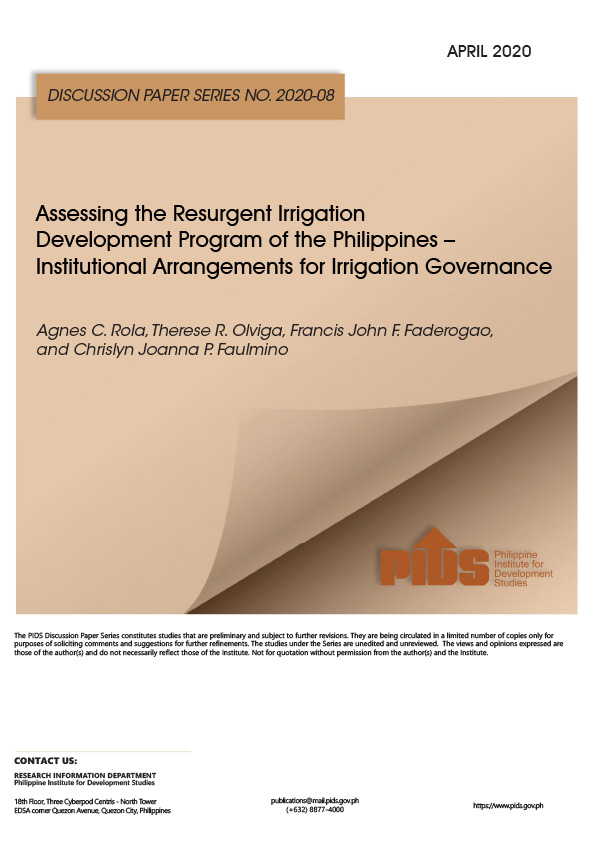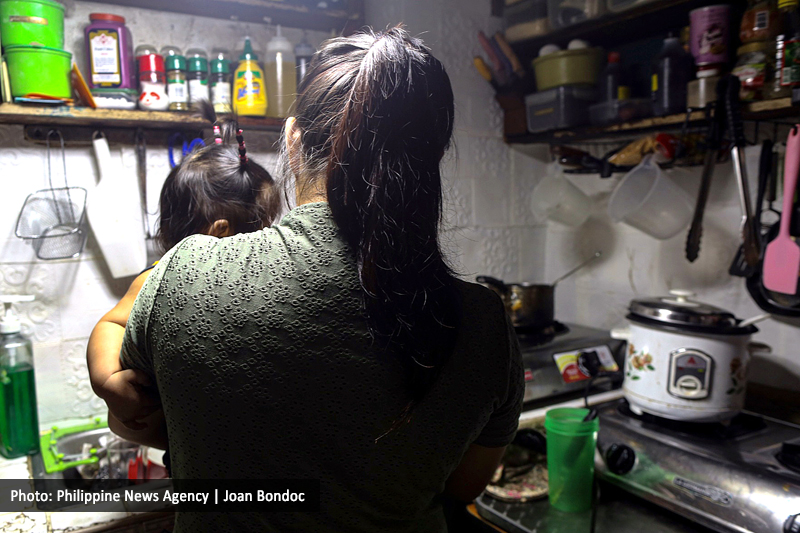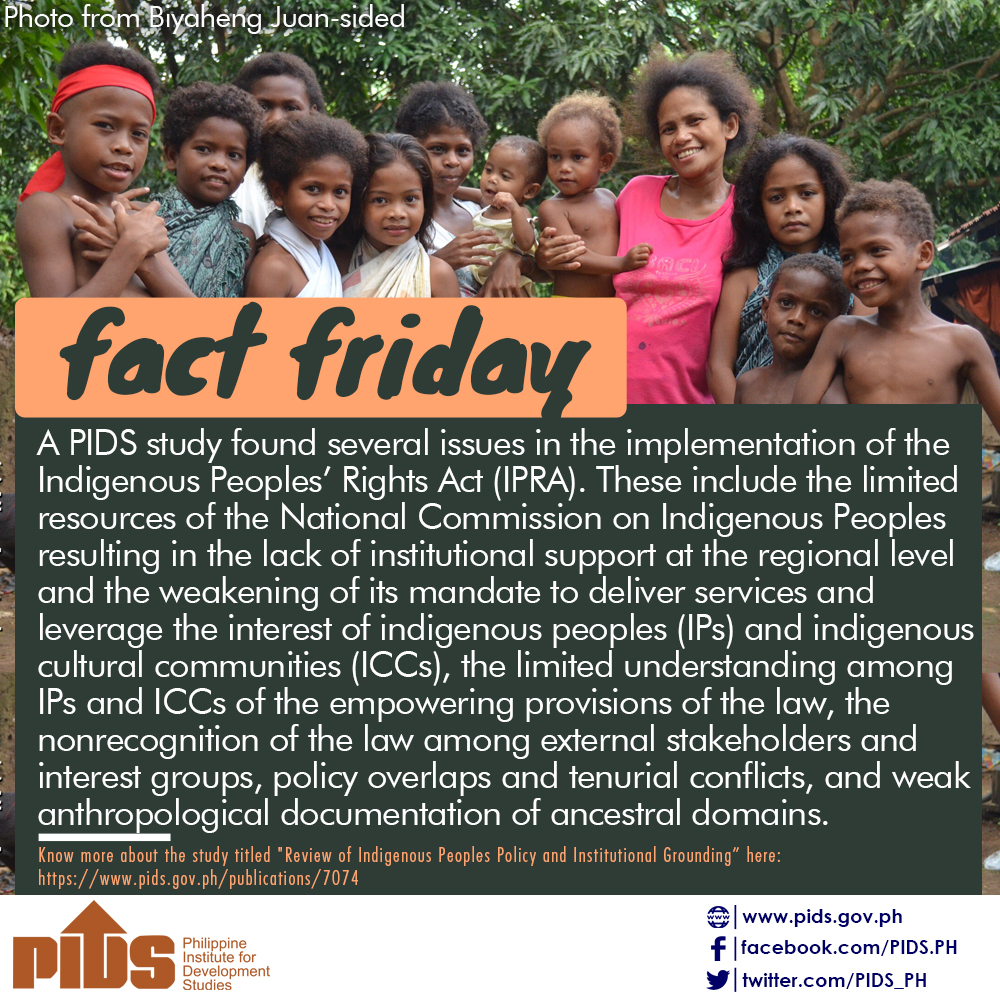ANGELES CITY -- It was the accidental discovery of a group of street children living under a bridge in Angeles City that made Joy Cruz, executive director of Kuliat Foundation Inc. (KFI), reflect deeply about the real purpose of her duty.
Last year, Cruz met 10-year-old Hero who told her about the disheartening hardships of a child forced to work every day to have something to fill his grunting stomach.
"It was a typical story of a street kid who ran away from home because his parents were very abusive and violent. The streets, however, also inflicted a lot of painful experiences to the child. In the streets, he met people who forced him to work in exchange for food and temporary shelter. He used to stay in a shanty before the foundation helped him," she recounted the boy as saying.
Hero is among the millions of Filipino children who are being denied of their rights.
The month of October marks the 22nd National Children’s Month (NCM), which aims to promote and protect the physical, spiritual, intellectual, and social well-being of the child as well as to emphasize the importance of the role of the child in the Philippine society.
Last month, the United Nations Children’s Fund (Unicef) also celebrated the 25th anniversary of the Convention on the Rights of the Child (CRC). As a state party to the convention, the Philippines is committed to working with the communities and encouraging the policy-makers to advance the goals and ideas related to the CRC.
The Council for the Welfare of Children (CWC), meanwhile, announced the theme of this year’s National Children Month as "Bata Kasali Ka, Ikaw ay Mahalaga.”
The theme affirmed the significance of protecting, promoting, and fulfilling the rights of the child to a meaningful participation in all government undertakings where children’s concerns including the rights are at stake.
State of the Filipino children
While the country has signed and ratified the CRC, the Philippines still has a long way to go in terms of pursuing government policies and practices, which will pave the way for the comprehensive inclusion and recognition of children.
Based on the latest report of the National Statistical Coordination Board (NSCB), poverty remains a big challenge with the number of children in income poverty estimated at 40.8 percent of the total child population or about 14.4 million poor children.
In terms of education, a study done by the Philippine Institute for Development Studies (PIDS) in 2011 revealed that only about 88 percent of primary-aged children (i.e., those between six and 11 years old) were in primary school and about 60 percent of secondary-aged children (i.e., those between 12 and 15 years old) were in secondary school.
Furthermore, the 2011 report of the Department of Labor and Employment indicated that around 2.9 million children aged five to 15 years old were out-of-school while 12 percent of Filipino children took part in child labor.
With this, many children’s rights groups are urging the government to address these challenges and include the Filipino children in the decision-making process.
Raising children’s rights awareness
In celebration of the National Children’s Month, the Kuliat Foundation, in cooperation with the Angeles City Tourism Office, End Child Hunger Philippines, Teatro Angeleño, is holding a month-long photo and arts exhibit on the rights of a child at the Museo Ning Angeles (October 4 to 7) and at the Angeles City Library and Information Center (October 9 to 31).
The Child and Youth Welfare Code (Presidential Decree No. 603) listed the rights of children:
- Right to a balanced diet, adequate clothing, sufficient shelter, proper medical attention, and all the basic physical requirements of a healthy and vigorous life.
- Right to an education commensurate with his abilities and to the development of his skills for the improvement of his capacity for service to himself and to his fellowmen.
- Right to protection against exploitation, improper influences, hazards, and other conditions or circumstances prejudicial to his physical, mental, emotional, social and moral development.
Cruz shared that the exhibit aims to raise the public awareness and inspire people to send a strong message and call for action to the members of the community.
"Through the photo exhibit, people can understand the most basic rights of the children in a simple way, visually showing actions that might violate them,” said Cruz.
In particular, Cruz emphasized that the exhibit’s use of visual arts provide people with powerful tools of self-expression while engaging the people in harnessing the wealth of creativity and commitment that they can bring to the campaign to ensure the rights of the children.
Cruz, however, noted that people should not be satisfied at knowing the rights of the children. She hopes that the community can be proactive rather than reactive in addressing the most pressing concerns of the children.
"We believe that people should not stop at knowing that these problems exist in the country. The primary purpose of the foundation is to preserve the history, culture, and tradition of Angeles City. But we realized that as members of the community, we have the responsibility to look after the future generations,” explained Cruz, adding that the foundation is currently undertaking educational and feeding programs for the street children of Angeles City.
Simple ways
Meanwhile, John Jurado, founder of End Child Hunger Philippines (ECHP), said that improving the condition of the poor Filipino children should start at the local level.
"People always contemplate on whether they should help or not. Some fear that their actions may not be good enough. But, the simplest things matter the most when it comes to helping children attain their rights. They can start by volunteering, donating, and supporting the children-centered programs of their communities,” Jurado emphasized.
The Philippines is still far from achieving its goal of lifting the plight of children yet the efforts of both the state and the citizens should not stop at the mere attainment of positive statistical figures, children’s rights advocates reiterated, he said."The rights of the children should rather be instilled into the psyche of the local communities as the children will always play a key role in the nation-building. Improving the lives of the unfortunate Filipino children can begin one community at a time,” Jurado said.//
Related Posts
Publications
Press Releases
Video Highlights
[No related items]








